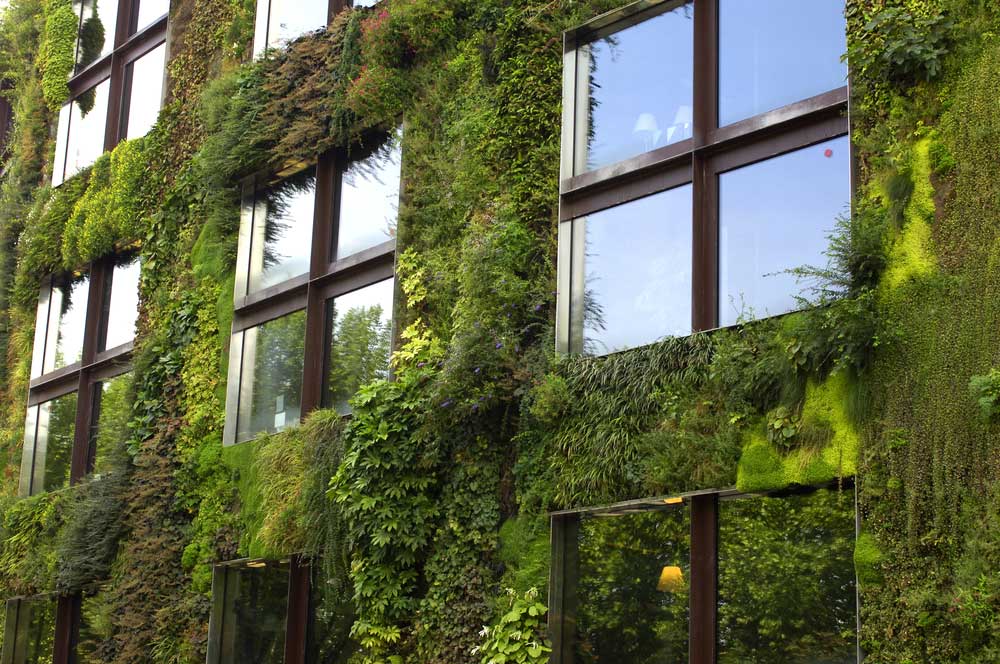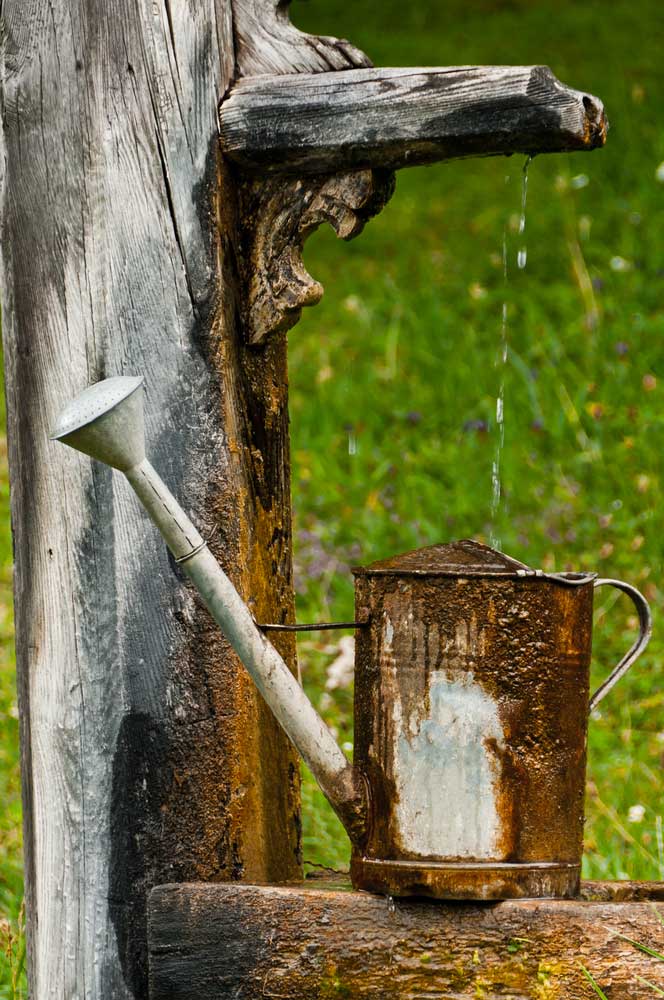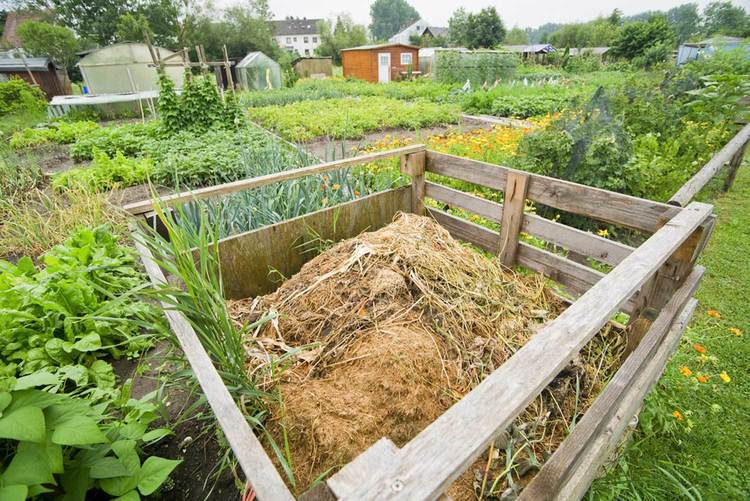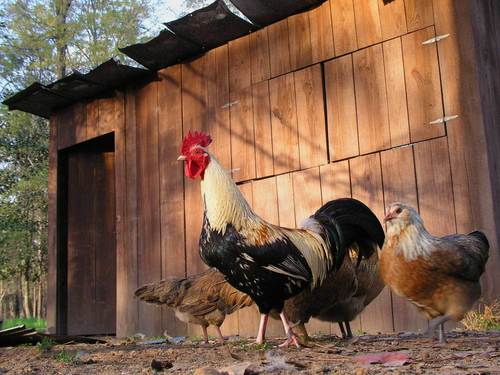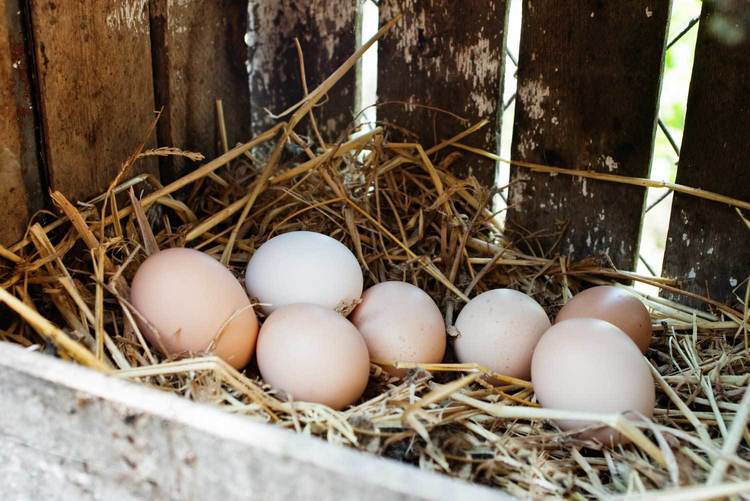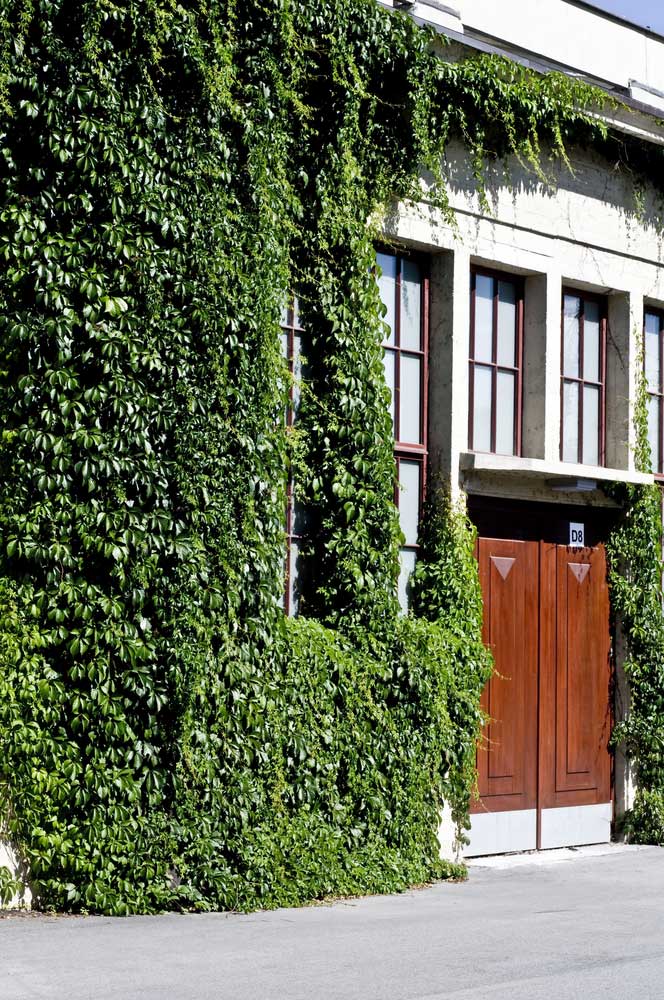Sustainable Landscaping - Permaculture
Environmentally compatible landscapes
In response to current environmental issues we offer a design service to help implement sustainable landscaping and permaculture practices. These landscapes are designed to be attractive and in balance with local climate and environment. When new buildings are constructed a new ecology is formed. We concentrate on:
- finding solutions that restore the environmental balance,
- encourage bio diversity,
- reduce your ecological footprint,
- improve air quality,
- reduce waste and
- prevent air, water and soil pollution.
If people are looking to grow their own food, we encourage the implementation of permaculture practices. Permaculture is a branch of sustainable landscaping. It concentrates on developing a self-maintained agricultural system that are modelled on patterns in our natural ecosystems.
There is no such thing as a maintenance free landscape, however sustainable landscaping and permaculture practices assist in reducing energy and water requirements. Management and observation is still required to progressively enhance your landscape as it develops and matures.
Listed below are the fundamental features we consider when designing sustainable landscapes
- Embracing natural and local products
- Environmentally friendly
- Maintainable
- Implement integrated pest management systems
- Avoid or minimize use of chemicals
- Compost fertilization
- Appropriate plant choice, choosing plants that perform well in your local area
- Diverse plant palette from different structural categories to encourage wildlife
- Water harvesting
- Re-using site materials
- Where possible using recycled materials or salvaged goods
- If recycled timber is unavailable use sustainable managed plantation timbers or timber composite in preference to rainforest timbers
- Growing fruit, vegetable and herbs to help reduce your ecological footprint
- Smaller energy and water requirements
“Permaculture is a philosophy of working with rather than against nature”



